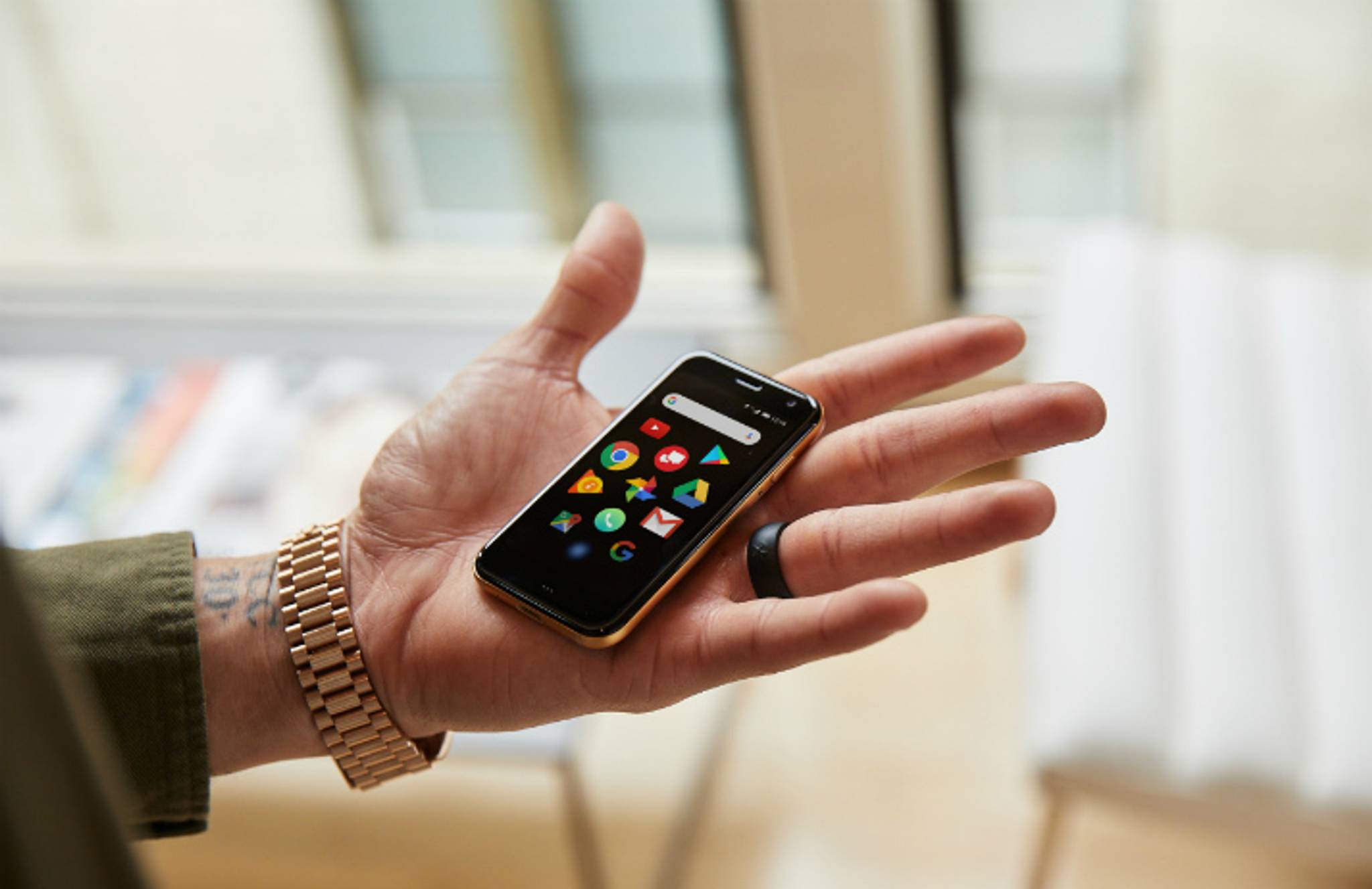
Despite being digitally savvy and generally switched on to tech, Gen Z women are keener than other generations – including Gen Yers – to switch off completely. Plagued by tech fatigue, this younger cohort, who has grown up constantly surrounded by technology, is seeking more disconnection. We explore the insights behind growing tech fatigue amongst a connected society.
According to a GfK Consumer Life survey of 37,000 people across the globe, Gen Z women are less keen on being tied to their devices, with 66% of them wanting to be “always reachable” compared to 71% of female Gen Yers. But despite their desire to be disconnected, 61% of Gen Z women find it difficult to switch off, with many stating that they’re always connected, even if inadvertently. By contrast, 49% of their Gen Y counterparts and 41% of women overall said the same. "Women and moms of Gen Zers depend on apps to juggle their many roles in life, but they also know the downsides of tech too well," says Jola Burnett, vice president of Consumer Life.
With digital devices increasingly a core component of daily life, tech fatigue is setting in. This especially true among the younger generations: globally, 64% of Gen Zers say they’re constantly online, spending on average of four hours and 15 minutes a day on their devices. With tech overload being shown to negatively affect mental health, it’s no surprise that people want to scale back on their usage. Tech companies have an opportunity to ease this fatigue by implementing features that help people to better manage their time. Android, for instance, has launched Digital Wellbeing features to help users cut back on screen time, while Apple iOS users can access built-in tools that track usage times.
Ironically, however, people are turning to their tech devices in a bid to build healthier habits especially at a time where in the US 65% of Americans believe they’d benefit from taking a digital detox, only 28% have actually done so. People are turning to specialised apps and devices to help combat their addictive nature, with apps such as Hold encouraging students to ignore their phones by incrementally rewarding them with points that can be exchanged through a range of business partners. While toned down retro-tinged devices such as the Nokia 8110 allow users a respite from constant connectivity.
Tahmid Akthar is a History graduate, who’s worked as a content writer and researcher within the fashion and creative industries for the past 7 years. Outside of work he’s watching Arsenal through his hands over his eyes.



